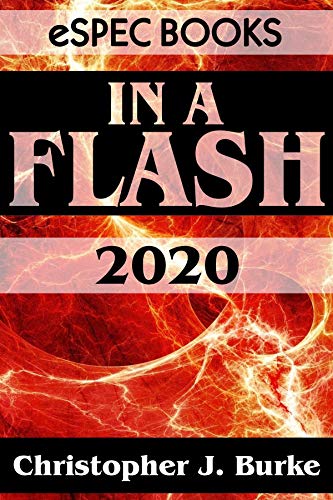Now that I'm caught up with the current New York State Regents exams, I'm revisiting some older ones.
More Regents problems.
Geometry Regents, January 2011
Part I: Each correct answer will receive 2 credits.
6. A line segment has endpoints A(7,−1) and B(−3,3). What are the
coordinates of the midpoint of AB?
1) (1,2)
2) (2,1)
3) (-5,2)
4) (5,-2)
Answer: 2) (2,1)
The coordinates of the midpoint will be halfway between 7 and -3, and halfway between -1 and 3.
( (7 + -3)/2, (-1 + 3)/2) ) = (2, 1)
7. What is the image of the point (−5,2) under the translation T3,−4?
1) (-9,5)
2) (-8,6)
3) (-2,-2)
4) (-15,-8)
Answer: 3) (-2,-2)
T3,−4 is a translation of the point 3 units to the right and 4 units down.
(-5 + 3, 2 - 4) --> (-2,-2)
Which is Choice (3).
8. When writing a geometric proof, which angle relationship could be
used alone to justify that two angles are congruent?
1) supplementary angles
2) linear pair of angles
3) adjacent angles
4) vertical angles
Answer: 4) vertical angles
Of the four types of angles listed, only vertical angles MUST BE congruent. The others could be congruent, but aren't likely to be.
9. Plane R is perpendicular to line k and plane D is perpendicular to
line k. Which statement is correct?
1) Plane R is perpendicular to plane D.
2) Plane R is parallel to plane D.
3) Plane R intersects plane D.
4) Plane R bisects plane D.
Answer: 2) Plane R is parallel to plane D.
Consider an elevator shaft running through all the floors of a building. It is perpendicular to all the floors. Now consider planes P and R as two of the floors. They will be parallel to each other and both perpendicular to the line k.
If R were perpendicular to P, the k could not be perpendicular to both. Also Choice (1) makes no sense because if it were true, Choice (3) would also be true, which isn't allowed on a test.
Choice (4) makes no sense because of Choice (3) and because you can't bisect a plane, not even with another plane. It extends forever.
10. The vertices of the triangle in the diagram below are A(7,9), B(3,3),
and C(11,3).
What are the coordinates of the centroid of △ABC?
1) (5,6)
2) (7,3)
3) (7,5)
4) (9,6)
Answer: 3) (7,5)
The centroid is where the three medians meet. The medians are lines drawn from one vertex to the midpoint of the opposite side.
The midpoint of BC is (7,3). Call that D. This means that the median AD is a vertical line of length 6.
The centroid cuts a median into two pieces with a ratio of 2:1. That means that the centroid is 4 units down from (7,9), which is (7,5).
After finding D, you pretty much had the answer, because it couldn't be (7,3).
More to come. Comments and questions welcome.
More Regents problems.
I also write Fiction!You can now preorder Devilish And Divine, edited by John L. French and Danielle Ackley-McPhail, which contains (among many, many others) three stories by me, Christopher J. Burke about those above us and from down below. Preorder the softcover or ebook at Amazon. Also, check out In A Flash 2020, by Christopher J. Burke for 20 great flash fiction stories, perfectly sized for your train rides. Available in softcover or ebook at Amazon. If you enjoy it, please consider leaving a rating or review on Amazon or on Good Reads. |
 |
 |

















No comments:
Post a Comment